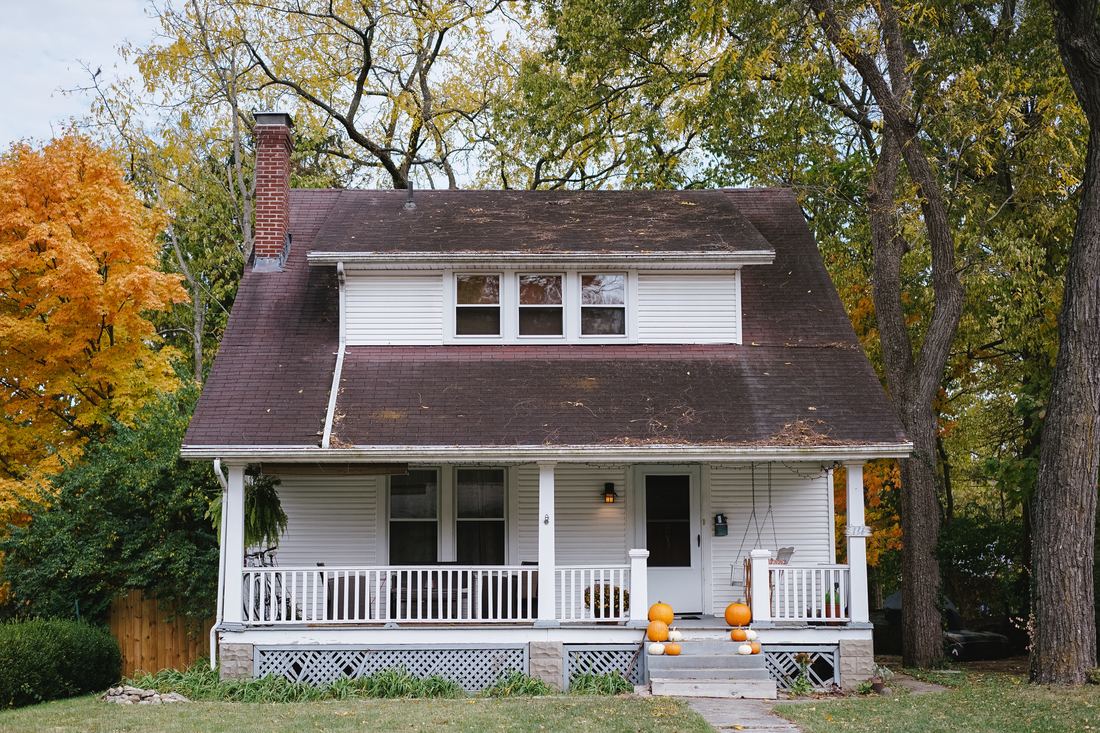
If your partner has passed away, you may find yourself wondering what will happen to your living situation. The answer really depends on a number of factors, including if the house was owned, by whom, and how.
This blog considers some scenarios relating to owned property (not rented) and assumes your partner's estate was solvent. If you partner did not have enough cash assets to satisfy their debts without selling their property, the situation may be different and you will need to seek advice.
Scenario 1: my partner and I owned our house together
If you owned property jointly, the first step is to look at how the property was owned. Beneficial interest in property can be owned either as joint tenants or tenants in common. Property owned as joint tenants passes outside of the estate (but may still count as part of the estate for inheritance tax purposes). If you and your partner owned property as joint tenants, it will pass to you by survivorship and you do not need to leave.
If your property was jointly owned as tenants in common, your partner’s share of the beneficial ownership will pass into their estate. You therefore need to check their will or the provisions of the intestacy act if they did not have a will, to see what will need to happen with the house. The situation there could have many variables
-
You may have been left the house
-
You may have the right to live in the house for the rest of your life or until a specified date or event such as you cohabiting with someone else
-
Your partner’s share may have been left to someone else (this is common with couples who have children from former relationships)
If you are unsure what your partner’s will means for you, it is always worth seeking advice.
Scenario 2: my partner owned the house and I lived there
In this scenario, you are not a legal owner of the house. You therefore need to check the provisions of your partners will to see if the house was left to you or you were given a specific right to continue living in the property. If your partner died without a will and you were married or in a civil partnership, you will likely be entitled to all of the estate (if your partner had no children), or some of the estate (if your partner did have children) under the intestacy rules.
If you were not married or in a civil partnership and have not been left an interest in the house under the terms of your partner’s will, you might consider making a claim against their estate. If you lived in the property with your partner, and were being ‘maintained’ by them, you may have claims under the Inheritance (Provision for Family and Dependants) Act 1975.
There may also be cases where you have contributed to the purchase price, mortgage, or renovations costs for the property in the understanding that you would one day come to own it or share ownership with your partner, perhaps because your partner promised that would be the case. In those circumstances, you may have a claim for beneficial ownership of the property (under the Trusts of Land and Appointment of Trustees Act; see here) or in estoppel. For more information about estoppel claims, see here.
For more information on claims relating to estates, please do not hesitate to contact Toby Walker by email or on 01494 893512 or Sarah Sharpin by email or on 01494 521301.